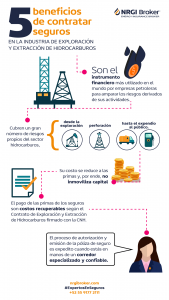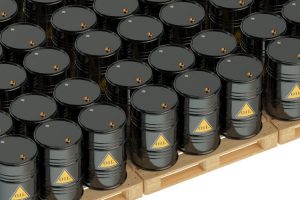Fundamental factors to strengthen Pemex
The Government of Mexico has repeatedly mentioned that one of its main goals in the National Hydrocarbons Plan is the production of 2.6 million barrels of crude oil per day at the end of 2024.
The production profile brings components such as the base production already in place of oil fields operating in the country, the plan proposes operations of drilling and development of more than 20 new fields of which PEMEX has already been hiring and asking for authorizations for the development, contains projects related to secondary and improved recovery of the deposits that already exist and production that is associating future discoveries.
PEMEX has 22 fields for new development, of which 18 are in shallow waters.
Thanks to the investment that is planned for drilling and infrastructure, there is the possibility that in these 18 fields we might find more extension and thickness in their deposits to be found, since this has happened before.
The energy policy is being modified by the nature of the political change in the Country, the strengthening of PEMEX could be increased with support of the process of migration of Oil Assignments (Farmouts).
Fracking is a technique that is required to obtain physical resources, in the United States the increase in production is known derived from the use of this technique. Thanks to it, a high production of liquids and gas is obtained which are offered at a low price to countries like Mexico. Fracking in Mexico is a prospective resource since, whether or not it can be used as a production technique depends of a previous exploration in order to know if it can be extracted profitably since the operation in Mexico might be more expensive.
Using all the tools provided by the current legal framework in Mexico regarding energy is essential for PEMEX to increase its technical execution and financial capacity in such a way that it shares the risk.
Successful decisions will give more opportunities for the development not only of the sector, but also of the human component that makes it possible, such as engineers, people who have service companies, investors, among others.
If you want to know more information about experts from the Energy Sector in Mexico, click on the video to see the interview of Gaspar Franco Former Commissioner of the CNH and Graciela Álvarez Hoth, General Director of NRGI Broker.
Check out our news section and follow us on our social media networks.








